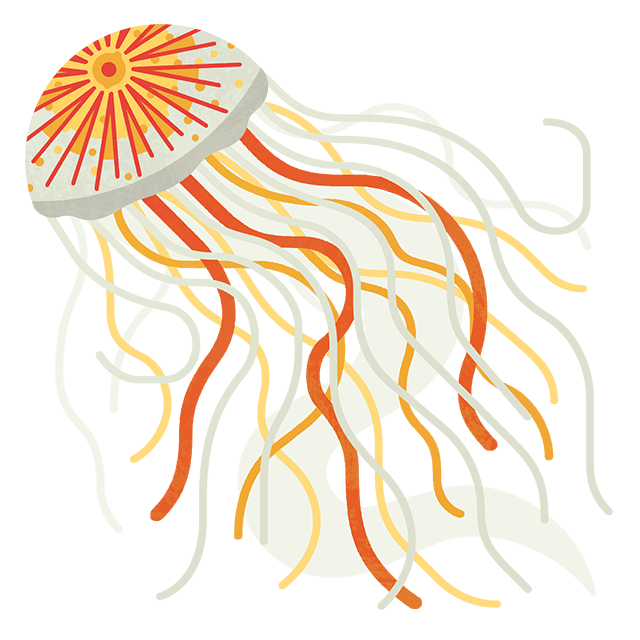
Using microalgae in sustainable aquaculture
3 minute read
By Ian Carr, Veramaris VOF, Business Development Director
A healthy diet should include at least two portions of fish a week, including one of oily fish. This advice from the UK National Health Service is based upon fish being a good source of vitamins and minerals, including omega-3 long-chain polyunsaturated fatty acids EPA & DHA. Unfortunately, global demand for omega-3 EPA & DHA already exceeds our capability to supply and scientists report that many people, even in regions of the world with good access to oily fish, already have an omega-3 index far below 8% (the level which is associated with reduced probability for acute coronary syndrome).
Growing demand for healthy, sustainable seafood
Authorities recognise that we need more safe and healthy food from the sea to meet the needs of a growing population. However, people are increasingly concerned about threats to the world’s oceans and the United Nations has declared a Decade of Ocean Science to create improved conditions for sustainable development.
The problem is that aquaculture is already using more than 75% of world fish oil supply, to produce fish feed. This heavy reliance on the harvesting of wild fish to produce farmed fish is a limit to much-needed sustainable growth of seafood production. So, the reliable supply of omega-3 is a bottleneck for nutritionists seeking to feed the sustainable growth of aquaculture and because of this, renewable supplies of omega-3 for aquafeed are absolutely needed.
Using microalgae to shorten the marine food chain
Enter Veramaris, a joint-venture launched in early 2018 by DSM and Evonik (two of the world’s leading companies in animal health and nutrition). Veramaris is the first to commercialise an alternative to fish oil from marine microalgae, which is rich in both long-chain polyunsaturated omega-3 molecules (DHA and EPA). This exciting technology essentially shortens the marine food chain so that instead of adding fish oil to fish feed, we can add algal oil instead.
Achieving long-term solutions
The zero-waste facility in Blair, Nebraska, USA was completed in May 2019. It is being successfully ramped-up for full production using state-of-the-art fermentation process technology that ensures the Veramaris algal oil is free from sea-borne contaminants and unique for its pristine quality 365 days a year. The full traceability of raw materials and the transparent production process provide further peace of mind.
It’s well recognized that aquaculture is an efficient food production system. However, efficiency alone is not enough. It’s also important to ensure the sustainability of the production to enable long-term growth. For this reason, the sustainable intensification of aquaculture depends upon large-scale omega-3 solutions that can ensure the sustainable growth of the aquaculture industry for future generations to come.

Credit: Richard Johnson via Shutterstock
Dawn Purchase, Aquaculture Programme Manager for Marine Conservation Society said: We are pleased to see the commercial production of omega-3 EPA & DHA rich algal oil, it has been hailed as a sustainable fish feed alternative for some time but has never before made it to commercial levels of production. As aquaculture continues to grow to meet global demand and wild capture fisheries remain static at best, algal oil has an increasing and crucial role to play in providing a nutritional and sustainable alternative to fish oil. I will be following its progress in commercial trails and remain hopeful for its wider uptake.


